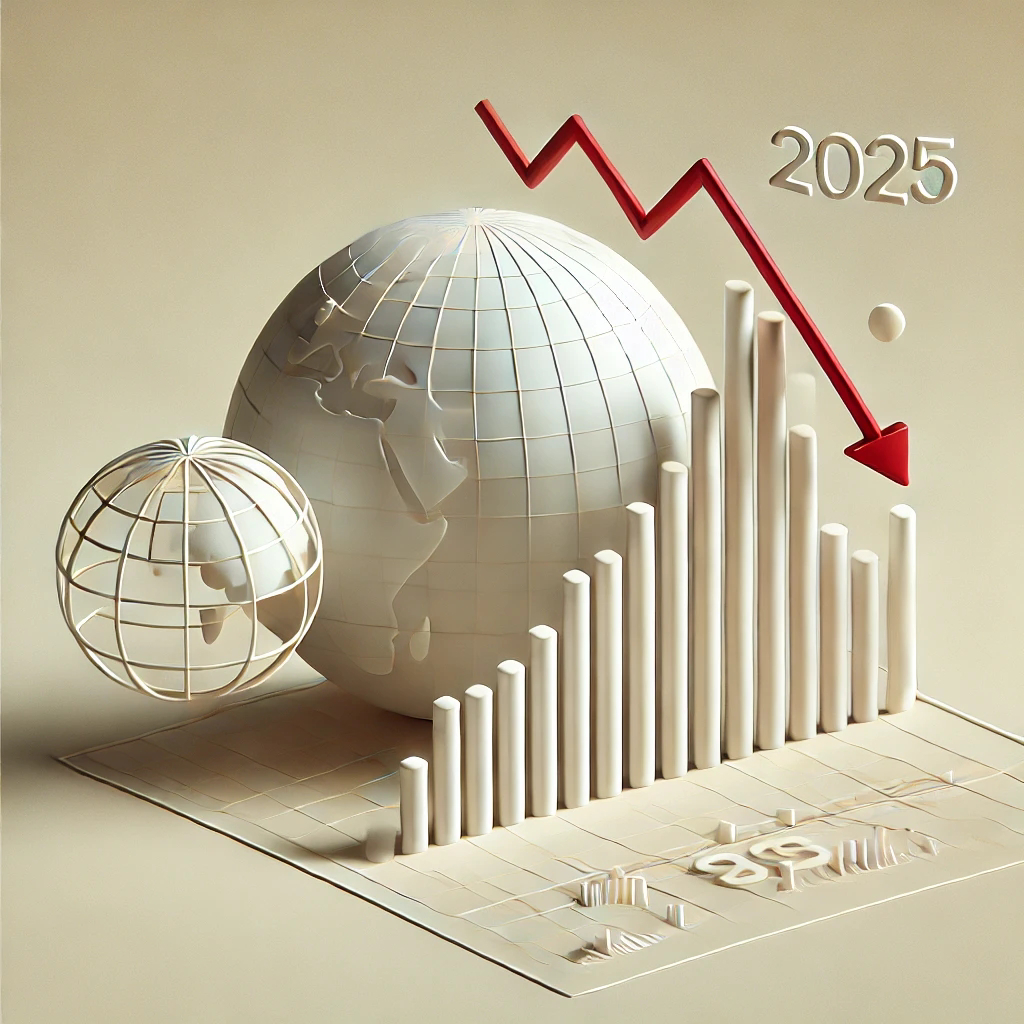The financial markets have experienced a tumultuous start to 2025, with recent events such as the announcement of US tariffs and the DeepSeek incident causing significant volatility. Stocks initially fell by 2% following the tariff announcement, but a 30-day grace period for negotiations provided some relief, leading to a slight recovery. This adjustment comes after a strong start to the year, which saw markets gaining considerable momentum.
A Complex Year Ahead
2025 is shaping up to be a complex year for financial markets. Analysts anticipate high risk premiums and erratic market behavior, driven by ongoing uncertainties about inflation, interest rates, economic growth, and geopolitical strategies. Given these challenges, stocks are expected to make little progress until the summer, when the economic outlook is likely to be clearer.
Key Economic Indicators and Events
Several critical economic indicators and events are scheduled for this week, which could further influence market sentiment. Today, the Factory Orders and Job Openings (JOLTS) reports will be released, providing insights into the health of the manufacturing sector and the labor market. Throughout the week, additional employment reports, including the ADP private employment survey and the non-farm payrolls, will be closely watched.
Moreover, the Bank of England (BoE) is expected to announce a rate cut, which could have implications for global interest rates. Speeches from members of the Federal Reserve (Fed) and the European Central Bank (ECB) will also be in focus, as investors look for clues on future monetary policy.
Market and Commodity Movements
Futures markets are showing millimeter retracements, indicating cautious trading activity. Cryptocurrencies have retreated, while the US dollar remains stable against the euro. Bond interest rates do not appear to be compressing further, suggesting a wait-and-see approach from investors. Oil prices have fallen due to an increase in production by OPEC+, following pressure from the Trump administration.
Impact of Tariffs on Europe
The imposition of tariffs on Europe is expected to be less severe than initially threatened, as negotiations are likely to mitigate the impact. However, stock markets will need to adapt to the new trade environment. This adaptation period could see markets remaining subdued until the full extent of the damage is assessed and corporate earnings are revalued in the context of higher interest rates and inflation.
Conclusion
In summary, the financial markets are navigating a complex landscape in 2025, characterized by high risk premiums and erratic behavior. Stocks are expected to make limited progress until May or July, when the new economic environment has stabilized. Investors will be closely monitoring economic indicators, central bank actions, and geopolitical developments to gauge the market's direction.

Comments
Post a Comment